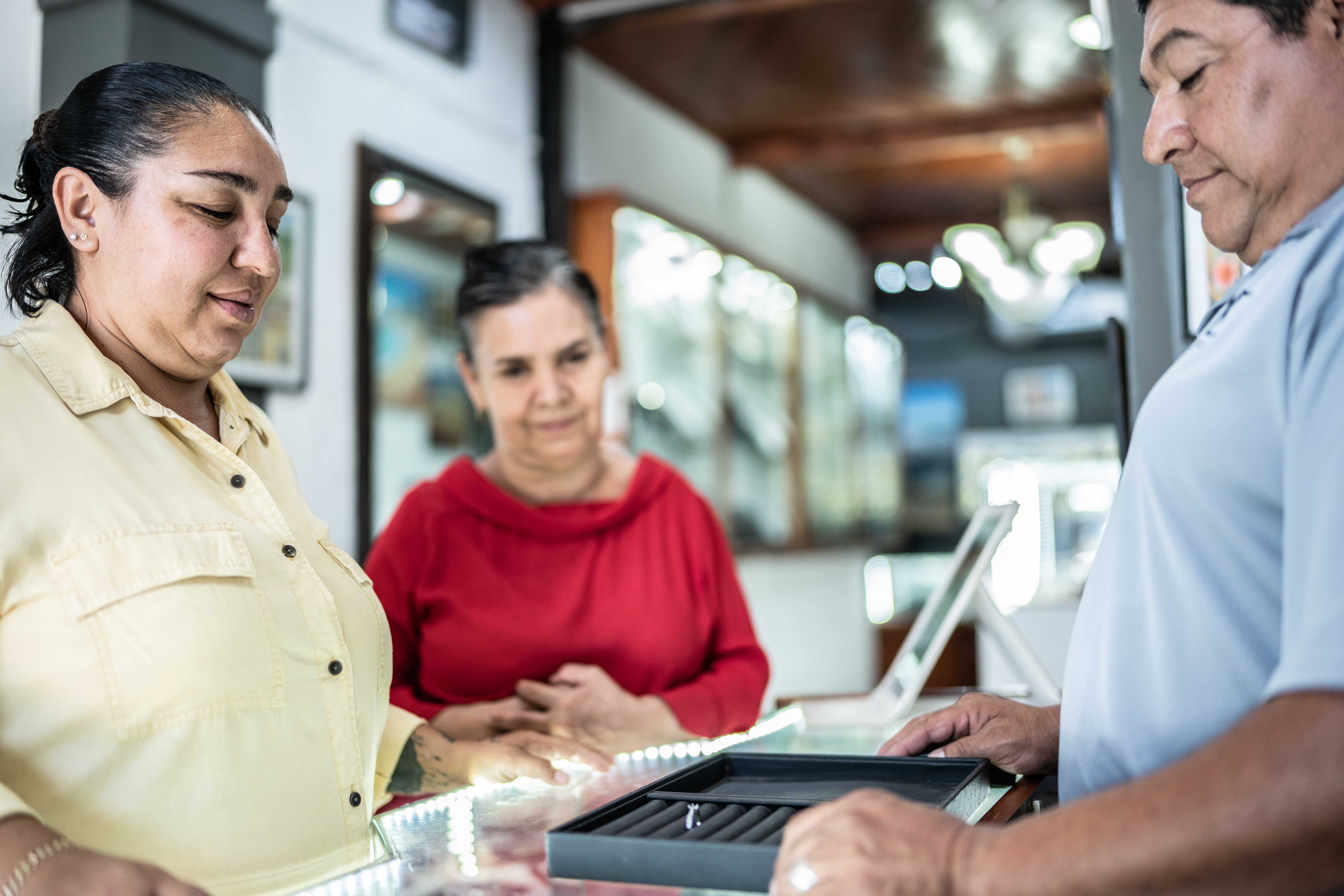
Business & Economics
The do’s and don’ts of bolstering your financial resilience

In Australia, pawnbrokers are largely exempt from national consumer credit laws and it’s leaving often-desperate people exposed to acute risks
Published 12 June 2024
In late 2022, a Sydney court heard about a pawnbroker called Hock-A-Car Pty Ltd. The company had lent $AU2,000 to a woman living in outer-western Sydney, the loan secured against her Toyota Corolla.
The woman had agreed to pay fees of $AU400 per month, an effective annual interest rate of 240 per cent.

This arrangement is entirely legal in the Australian state of New South Wales, where pawnbrokers can charge unlimited fees. It was merely noted in passing by the judge as an example of the pawn loans routinely offered by the company.
Pawn loans like this are becoming more common, buoyed by the global cost-of-living crisis and increasing legal constraints on other forms of short-term credit.
In countries like the United States and the United Kingdom, more people are turning to pawnbrokers for instant cash, using their personal belongings as security.
Policymakers have long understood that people who use pawn loans are often in desperate circumstances. Some are struggling to survive on very low social-security incomes.
Some are trying to sustain a precarious small business. Others are battling gambling or substance addictions.

Business & Economics
The do’s and don’ts of bolstering your financial resilience
But in Australia, this form of lending is too lightly regulated.
Unlike other providers of credit, pawnbrokers are largely exempt from national consumer credit laws. They don’t have to check that consumers can repay their loans or offer help to those who encounter an unexpected setback.
This leaves many people who have taken out a pawn loan exposed to acute risks.
Some pawn lenders charge interest rates equivalent to 420 per cent per year (though pawn loans are typically much shorter than a year). People who can’t repay their loans often lose their valuable possessions for good, having borrowed only a fraction of their market value.

Others take out new pawn loans, and incur more fees, in the hope that they will somehow find a way to get their items back. Unlike payday loans, pawn loans can be endlessly extended, leading to long-term high-cost debt.
Consumer advocates say this is a common experience for those who pawn items with high sentimental value, like family heirlooms.
Our new research shows that many people who borrow from pawnbrokers are financially vulnerable, with no capacity to absorb the high ongoing costs of a pawn loan. This research, conducted in partnership with colleagues at Melbourne Law School, is part of a major empirical study of harmful financial products.
Our team surveyed 1,472 consumers, including 582 who had used pawn loans, along with others who had used payday loans and Buy Now Pay Later schemes.

Sciences & Technology
Young people are mapping viable futures
We found that pawn loan users were the most vulnerable group – the most likely to earn less than $AU25,000 a year, the least likely to own their own homes or hold credit cards, and the most likely to rely on social security.
Many pawn loan users in our survey said their pawn loans made their money problems worse. Some had to borrow money from friends or family. Some said they had to go without or cut back on essentials. Others had been forced to sell personal possessions.
These findings give us a rare insight into the lives of Australians using pawn loans.
Although regulators in the United States and the United Kingdom publish data relating to pawnbroking, Australians have almost no access to information about the size of the industry, the volume of loans or the characteristics of users.

The Government’s MoneySmart website offers user-friendly information about many forms of credit, including credit cards, personal loans, payday loans, Buy Now Pay Later and consumer leases – but it doesn’t mention pawnbroking at all.
This is surprising and concerning, in the context of a national reform agenda that might be helping the industry to grow.
In 2023, the Federal Government introduced stronger protections for users of payday loans, especially those on very low incomes. In 2024, it plans to regulate Buy Now Pay Later as ‘credit’, introducing new licensing rules and affordability checks.
While these reforms are welcome, they come with a risk: they might actually increase demand for pawn loans.

Business & Economics
8 tips for preparing financially savvy teenagers
We found there’s already significant overlap between the use of pawn loans, payday loans and Buy Now Pay Later products. Of the 582 pawn loan users who completed our survey, 64 per cent had also used payday loans and 67 per cent had also used Buy Now Pay Later.
This suggests that some consumers may be forced to increase their use of pawn loans if they can no longer access payday loans or Buy Now Pay Later, due to stricter regulation of these products.
So, what can the Federal Government do?
At the very least, it could require all pawnbrokers to join an independent dispute resolution body, like the Australian Financial Complaints Authority. This would bring Australia into line with the UK, where people who have taken out a pawn loan can complain to the Financial Ombudsman Service if they are treated unfairly by a pawnbroker.

At the same time, the Australian Securities and Investments Commission could use its extensive powers to gather and publish information about pawnbroking. This could include requesting data from pawn lenders, conducting interviews with consumers and consulting with consumer advocates.
This information would give us a better insight into the lives of Australians who use pawn loans.
It would help the Government to work out whether it needs to regulate pawnbrokers more stringently, to bring them into line with other lenders.
It would also tell us if the Government’s reform agenda is, unintentionally, pushing some vulnerable Australians into riskier and more expensive pawn loans.

Business & Economics
Too many Aussies are starting a family and raising their kids in poverty
In the meantime, consumer advocates continue to see pawn loans with 'eye-boggling' interest rates, some allegedly as high as 480 per cent per year.
The items pawned might be of modest cash value: a ring, a watch or an electric guitar. But many of these items are cherished personal possessions with real value to their owners.
And with the deepening cost of living crisis, it is vital to learn more about this industry and its potential to cause harm, especially to people already in acute financial hardship.